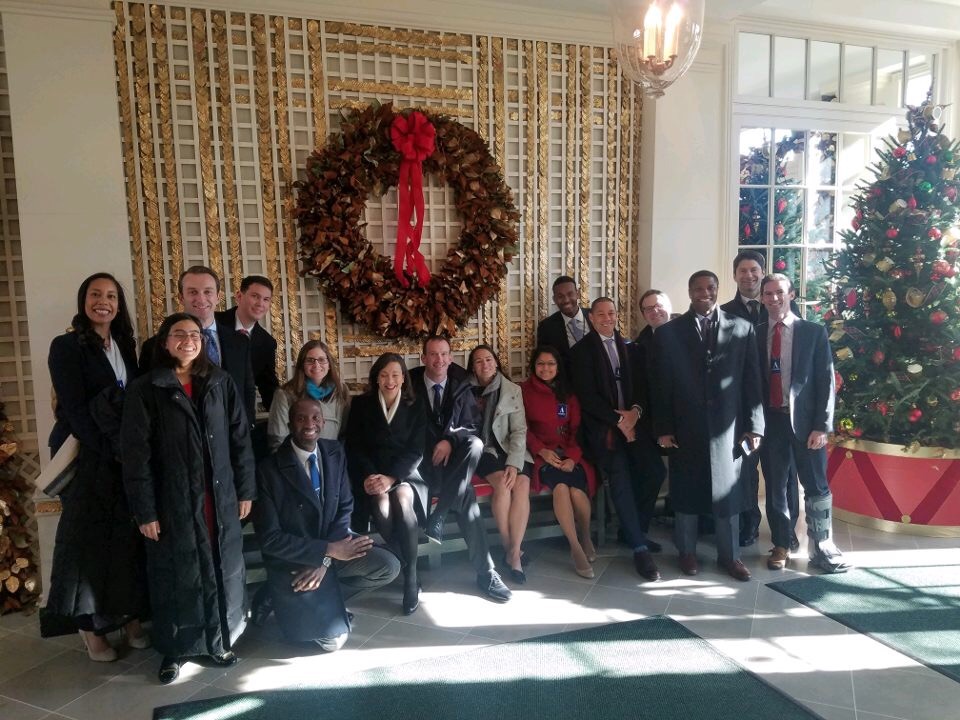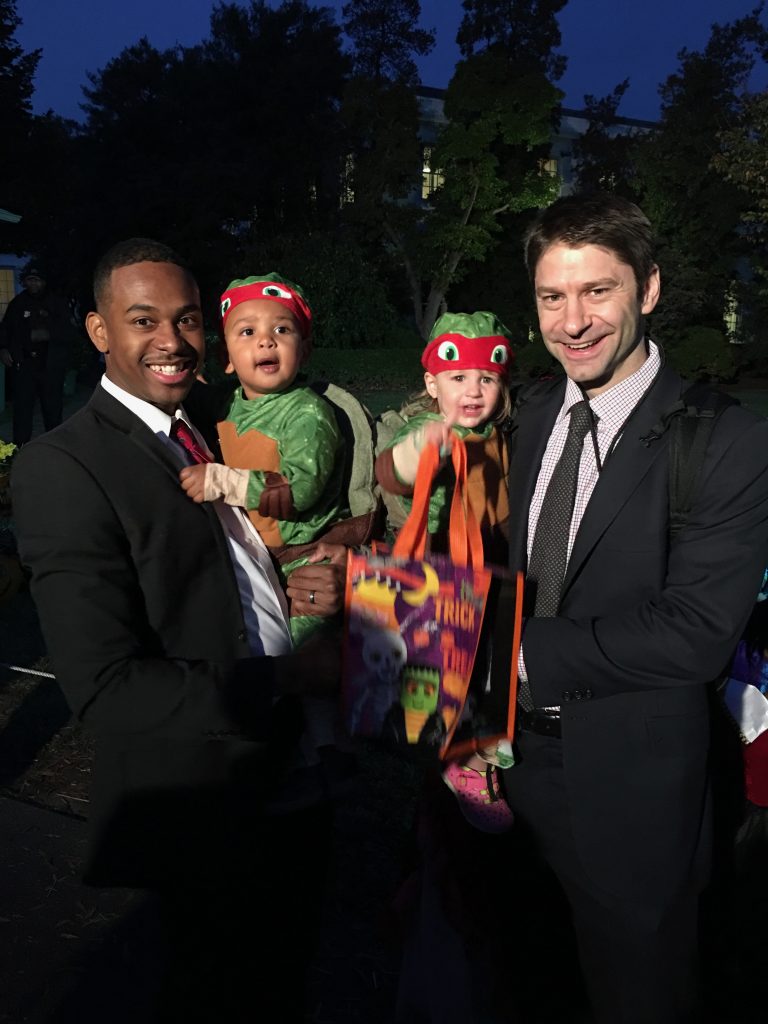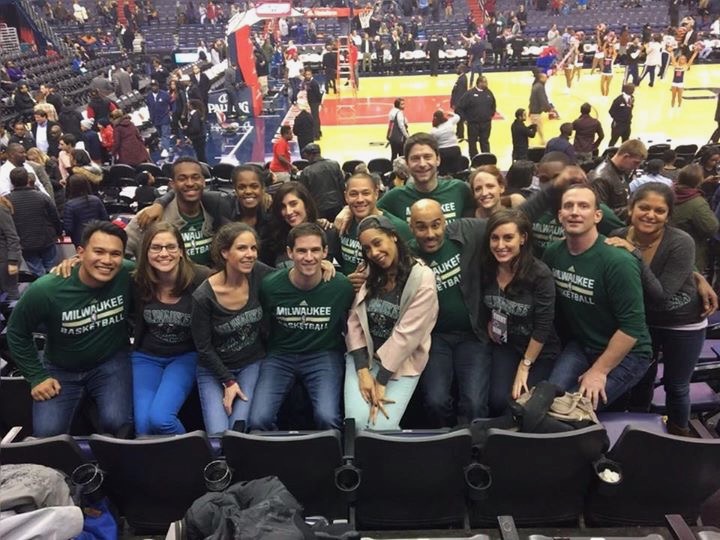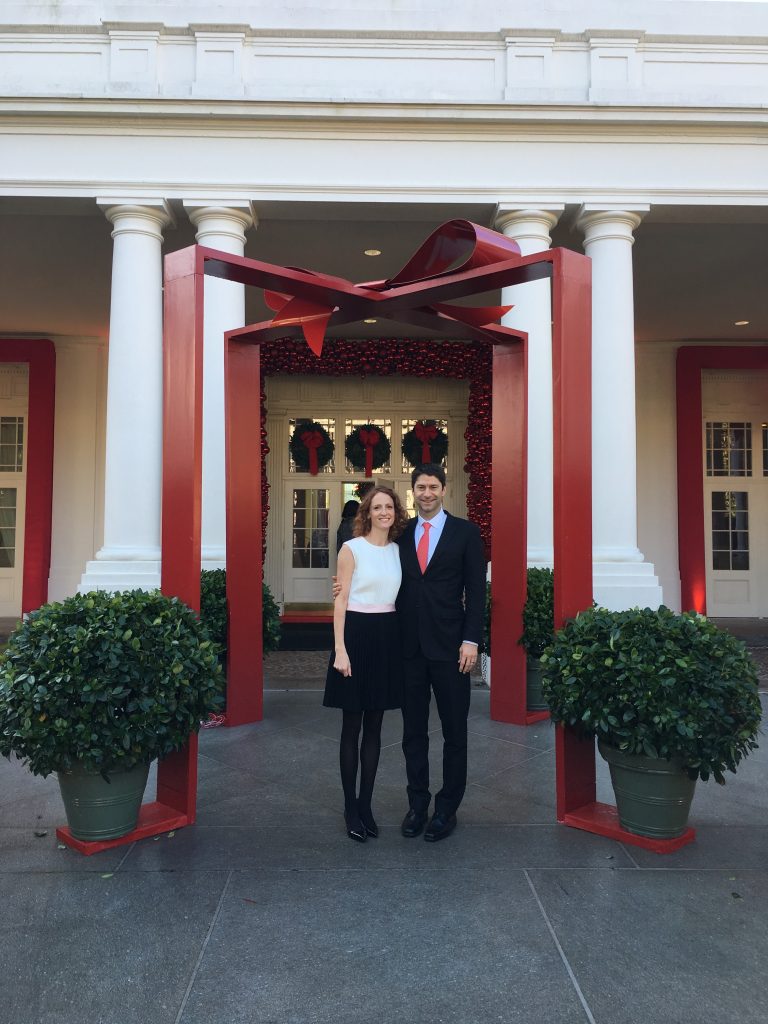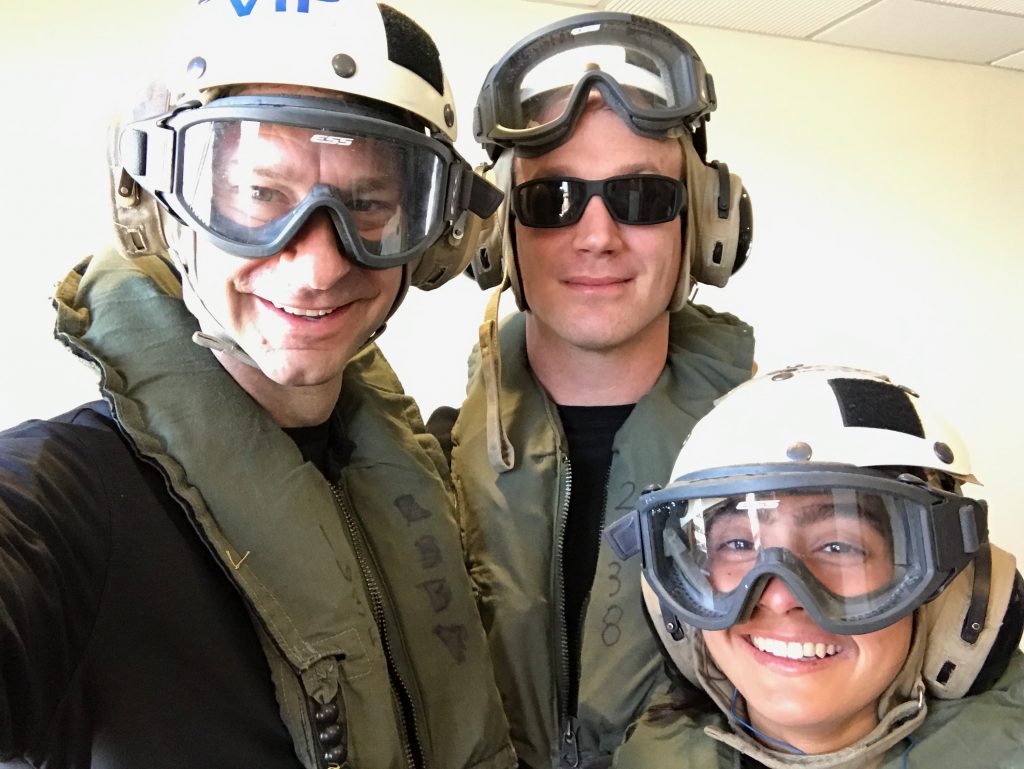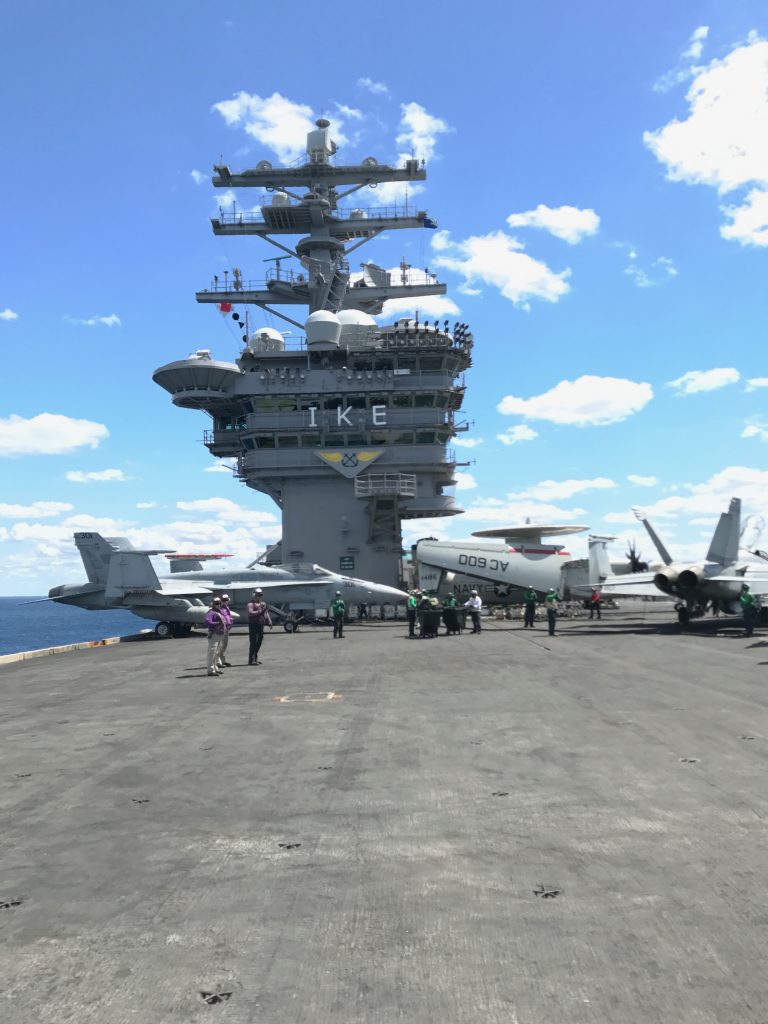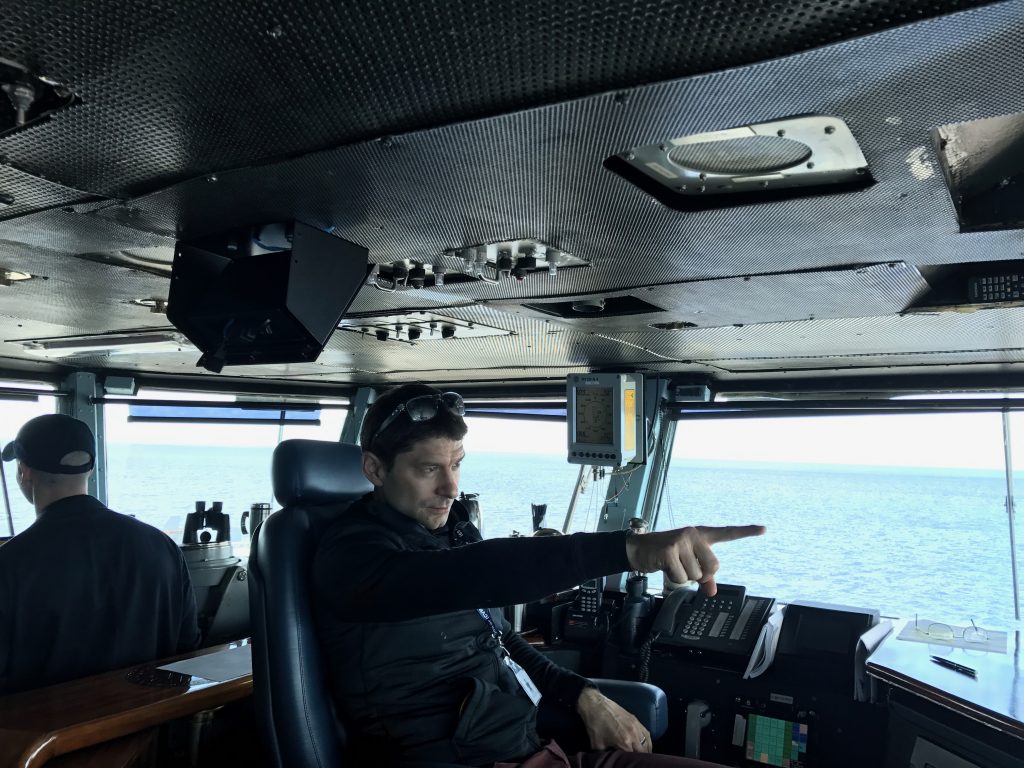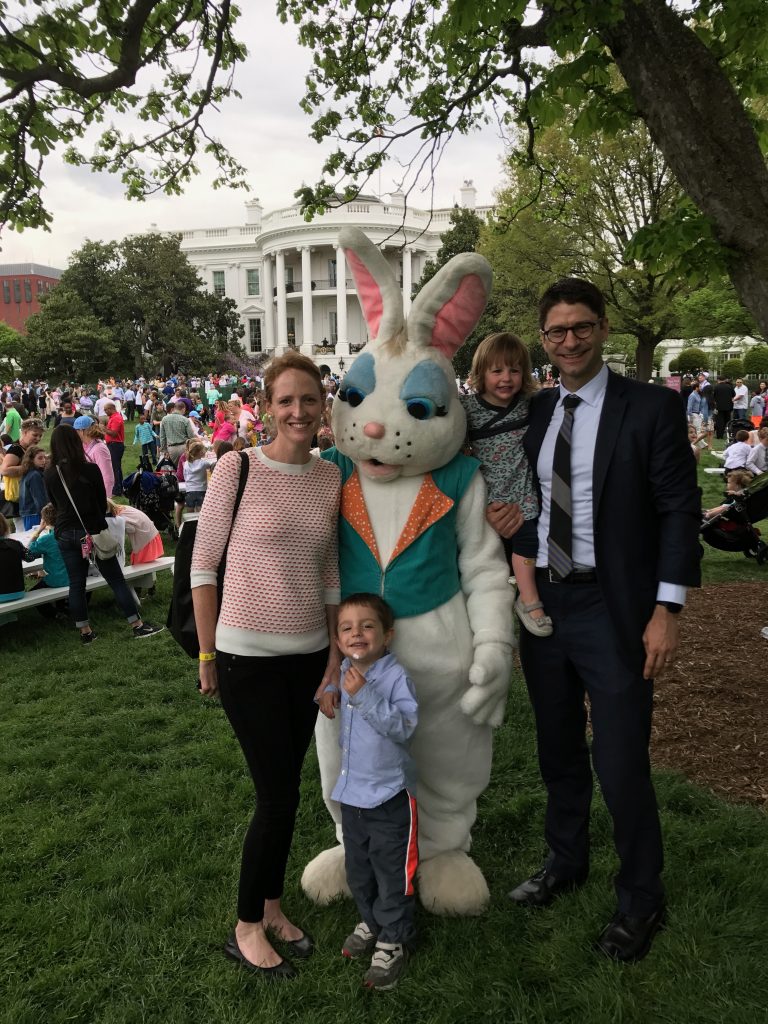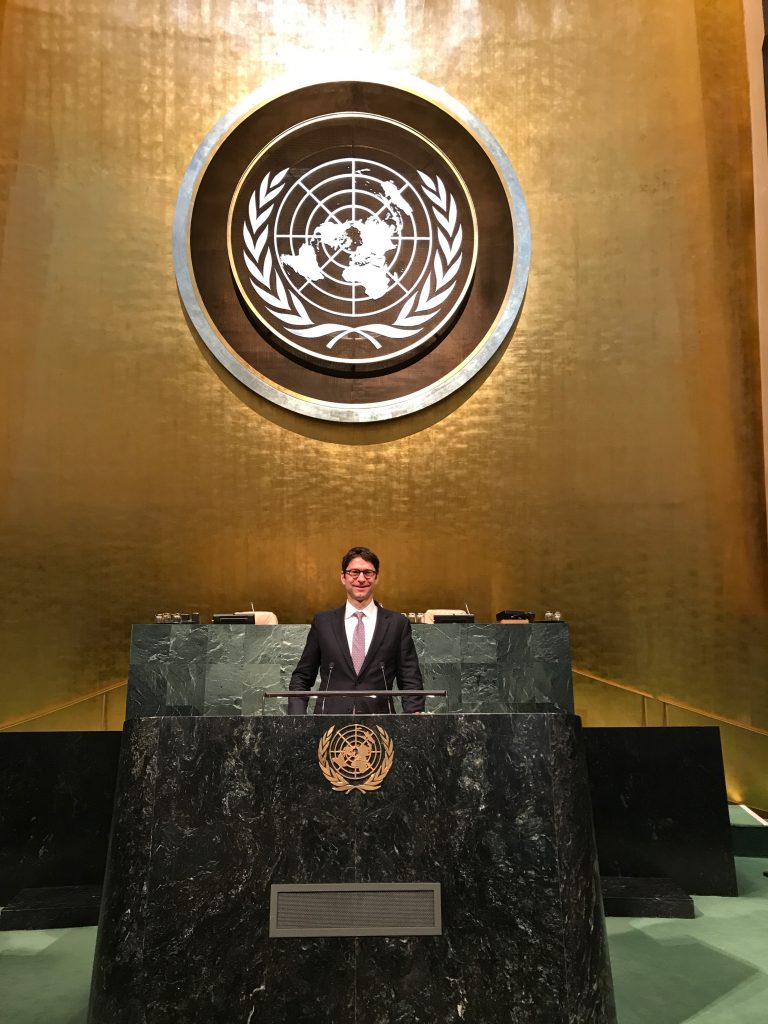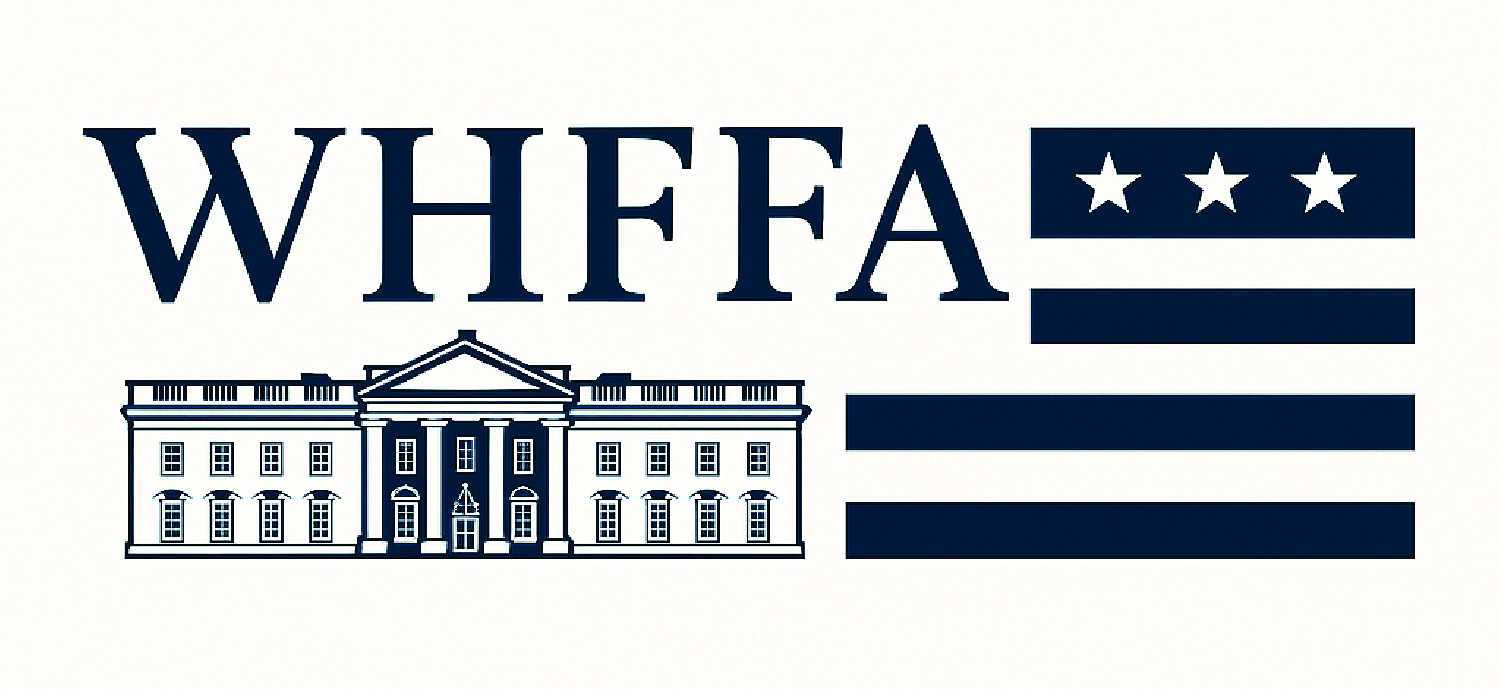WHF Profile: Austin Ramirez (2016-17)
Can you tell us about yourself and your work before the White House Fellowship?
I studied Systems Engineering at the University of Virginia, where I was an ACC, US National and World Championship gold medalist swimmer. After college, I spent two years working for McKinsey & Company in San Francisco before completing my MBA at the Stanford Graduate School of Business. After Stanford, I returned to my childhood home of Milwaukee, Wisconsin to work at Husco, a family-owned manufacturing business. I became Chief Executive Officer of Husco in 2011, since which time the company has tripled in revenue and won recognition as Wisconsin’s Manufacturer of the Year.
How did you hear about the White House Fellows Program and what made you decide to apply?
My first boss at McKinsey was a Director named Gary Pinkus. Gary encouraged me to apply for the White House Fellows after we had a spirited debate about politics. I had never heard of the program, but that conversation planted a seed that eventually led to my becoming a Fellow. I was fascinated by the opportunity to gain better insight into the intersection of government and business, learn from a diverse cohort of classmates and see up-close how American’s government works (or in some cases doesn’t work).
What goals were you hoping to achieve through the Fellows program?
I had zero political experience when I applied for the Fellowship. However, I was becoming increasingly convinced that reaching my full potential as a leader would require greater understanding of how government works and a personal ability to navigate political environments effectively. I was also frustrated by our government’s inability to effectively legislate on issues that were broadly popular among the American people but had been hijacked by partisan politics. I wanted to understand why our political leaders seemed to be more interested in scoring points on cable news than serving their constituents.
Where were you placed and what was the focus of your work?
I had an incredible opportunity, unique even among White House Fellows, to work across two vastly different Administrations. My first six months in the White House were spent working for Jeff Zients on the Obama National Economic Council (NEC). I worked on a range of issues including Advanced Manufacturing Institutes to autonomous vehicle regulatory policy to semiconductor supply chain development. I then transitioned to working for Gary Cohn’s NEC in the first six months of the Trump Administration. Any new Administration must climb a steep learning curve, and the Trump Administration was no different. I had the opportunity to touch numerous policy issues in addition and help the new NEC team get up to speed. One of my favorite jobs in the Trump Administration was doing a morning news brief for Gary which required me to wake up exceedingly early in the morning to read multiple news outlets and make sure there were no breaking news stories that were not on Gary’s radar.
What was your fellowship class like?
The ‘fellowship’ with my classmates was the most impactful element of my experience as a White House Fellow. The bonding experience started during the interview process. On the morning of final interviews, a group of us went for a run on the National Mall. One of my eventual classmates ran a bit too fast and wound up throwing up in bathroom before his interviews. Our class had the opportunity to participate in several incredible travel experiences including media training in Sunnyland’s, California, flight launch and recovery exercises on board the USS Eisenhower and meetings with diplomats in South Africa and Lethoso. I remain in close contact with many of my classmates, and one of them now sits on the Board of Husco.
What did you do immediately after the Fellowship?
I returned to my role as CEO of Husco.
How did the trajectory of your life and work change after the White House Fellowship?
My experience as a Fellow gave me both a platform and the capability to become a more effective leader in my community. I learned first-hand how difficult it is to make decisions in an environment with diverse and influential stakeholders, which gave me a window into the challenges facing state and local elected leaders and allowed me to engage with them more productively. Since completing the Fellowship, I have founded a nonprofit focused on nonpartisan political reform, helped launch a new K-12 school and taken on several high-profile leadership roles both in my community and in my industry.
What are you most proud of achieving since the fellowship?
The biggest take-away from my year as a Fellow was that our Federal Government is filled with smart, dedicated, hard-working people who are all working in a system with dysfunctional incentives. To improve political outcomes, we must therefore improve the incentive system that our elected leaders operate in. I believe the most effective way to do this is to implement a new voting system that rewards politicians for serving their general election constituents rather than only the small slice of the electorate that votes in primary elections. After the fellowship I partnered with a leading political reformer to found an organization focused on implementing Final Five Voting in Wisconsin and assisting in other efforts around the country.
Can you tell us about peers and mentors who helped you on this path?
Katherine Gehl is the intellectual engine driving Final Five Voting across the country. I’m lucky to count her a friend and partner in this work.
What are you working on now?
I love that I get to lead my company while also serving my community and engaging in a productive way to improve America’s political system. It’s the combination of these three things that gives me the greatest sense of purpose.
Are there any books you’d recommend for those interested in doing similar work?
The Politics Industry by Katherine Gehl
It sounds like all of those experiences gave you a set of new skills that you might not have had in your previous role. How did you translate those skills into your career and work now? Could you reflect on a learning experience during your Fellowship experience?
The lessons I learned during the Fellowship can be broken into three buckets:
- The time spent living and working with my White House Fellow classmates, an incredible group with wonderful viewpoint diversity that pushed me to think deeply about my values and how those values translated into my political views. I am especially thankful for the time spent with my classmates who served in the US Armed Forces, whose sacrifices make all the blessings we enjoy in America possible.
- The work I did in the White House and the experience I gained from working alongside incredible public servants across two administrations. In the Obama Administration I saw how good ‘process’ allowed the White House to accomplish difficult and complex objectives. In the Trump administration I learned how the tenacity and initiative of individual advisors can have enormous influence on Executive Branch outcomes.
- The White House Fellow educational program is truly exceptional. I had several once-in-a-lifetime experiences and opportunities to meet with leaders in the public, private and military sectors.
Have you and your classmates remained close since your Fellowship year?
Yes, I remain in close contact with several of my classmates and recruited one of them to sit on Husco’s Board of Directors.
What advice would you give to prospective applicants?
It’s tempting to think about the White House Fellowship as an ‘end’, but I would encourage applicants to think about the White House Fellowship as a ‘means’ to building a set of relationships and skills that will help you become a more effective leader in the many years that follow the Fellowship.
